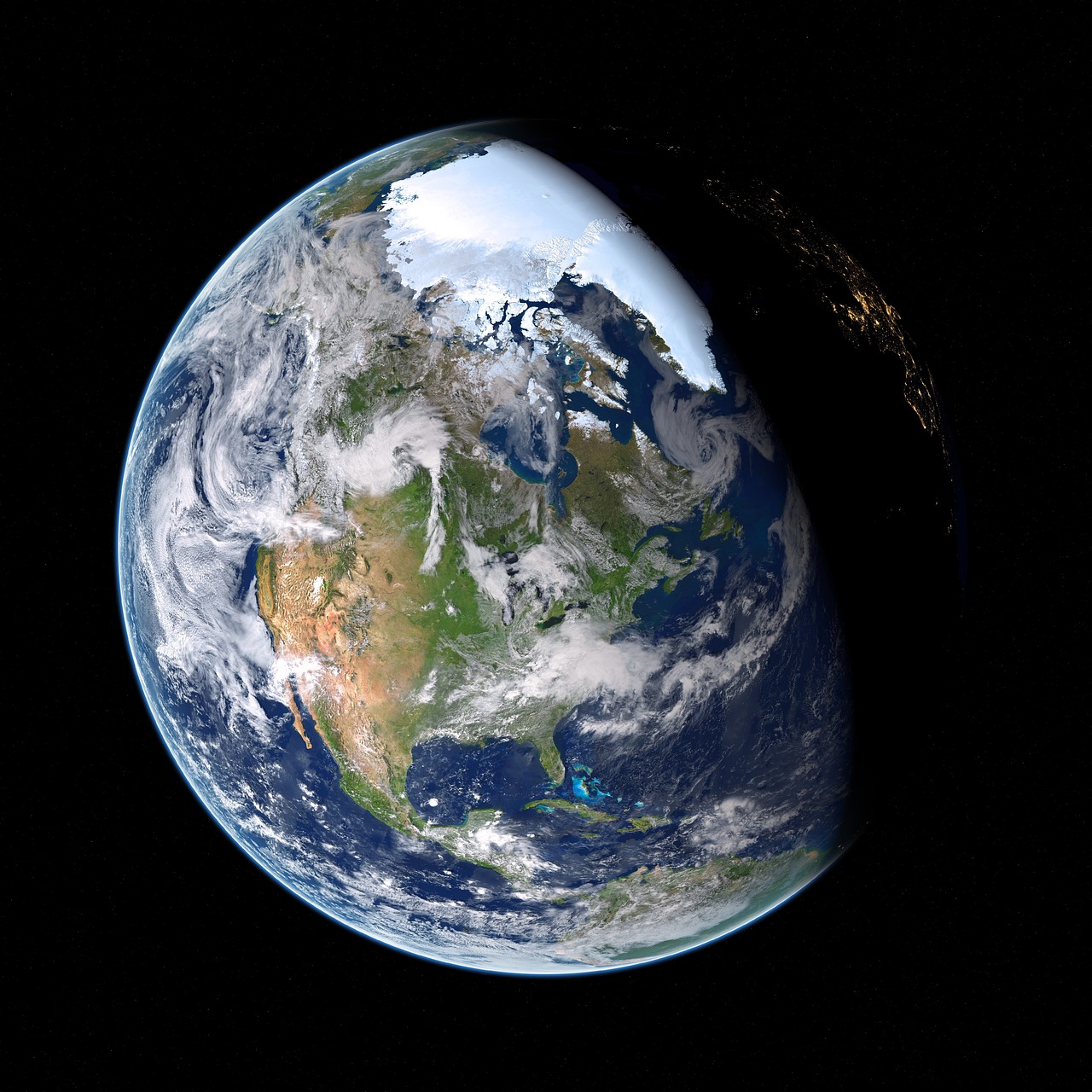While spinning on its axis, Earth wobbles like an off-kilter top. Sloshing molten iron in Earth’s core, melting ice, ocean currents, and even hurricanes can all cause the poles to wander. Now, scientists have found that a significant amount of the polar drift results from human activity: pumping groundwater for drinking and irrigation.
Because Earth isn’t a perfect sphere, it wobbles like a top several metres each year. The poles also drift due to changes in the distribution of mass around the planet, such as the movement of water due to the changing seasons (and dams, see below).
There are a number of things contributing to polar drift, and they all add up. Filling reservoirs and pumping groundwater both play a part, as well as climate change melting glaciers and the resulting sea level rise, although it wasn’t clear how big the effect of each might be.
Clark Wilson at the University of Texas at Austin modelled how changes in the distribution of water around the planet have affected the drifting of the poles. He and his team used estimates of the amount of groundwater pumped between 1993 and 2010, totalling around 2100 gigatonnes, and the associated rise in sea level, which they estimated at 0.3 millimetres per year.
The polar drift attributed to these changes from groundwater pumping amounted to about 80 centimetres. Wilson says this is especially due to large aquifers located at mid-latitudes, which have the greatest effect on polar drift. The only thing that affected the drift more than changes in groundwater was the rebound of landmasses after the lost weight of melted glaciers.
What do dams have to do with it?
As well as groundwater pumping, the rotation of the earth has also been affected by the large number of dams that have been constructed in the last 60 years or so, many in places such as Brazil, Canada and China. This has shifted a large volume of water to the mid-latitudes and this is also changing the rotation and natural wobble of the Earth.
Should I be worried?
Not, really as it doesn’t have particular consequences in terms of changes in the length of the day or of the seasons. However, if you want your GPS to work, you want to think that someone is paying attention to where the Earth axis is at.
I talked about this with Danny Hoyland on West Bremer Radio on 29 July 2023. Listen live each week: Saturday 7.40 am, West Bremer Radio.
Source: Humanity’s groundwater pumping has altered Earth’s tilt

